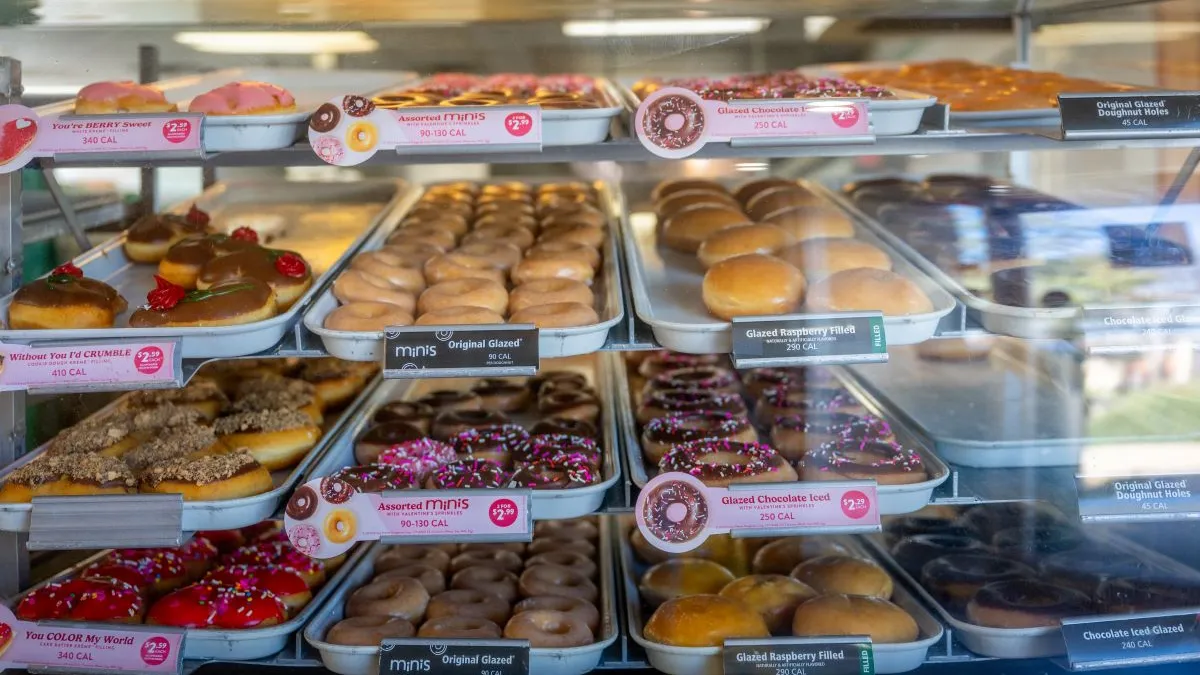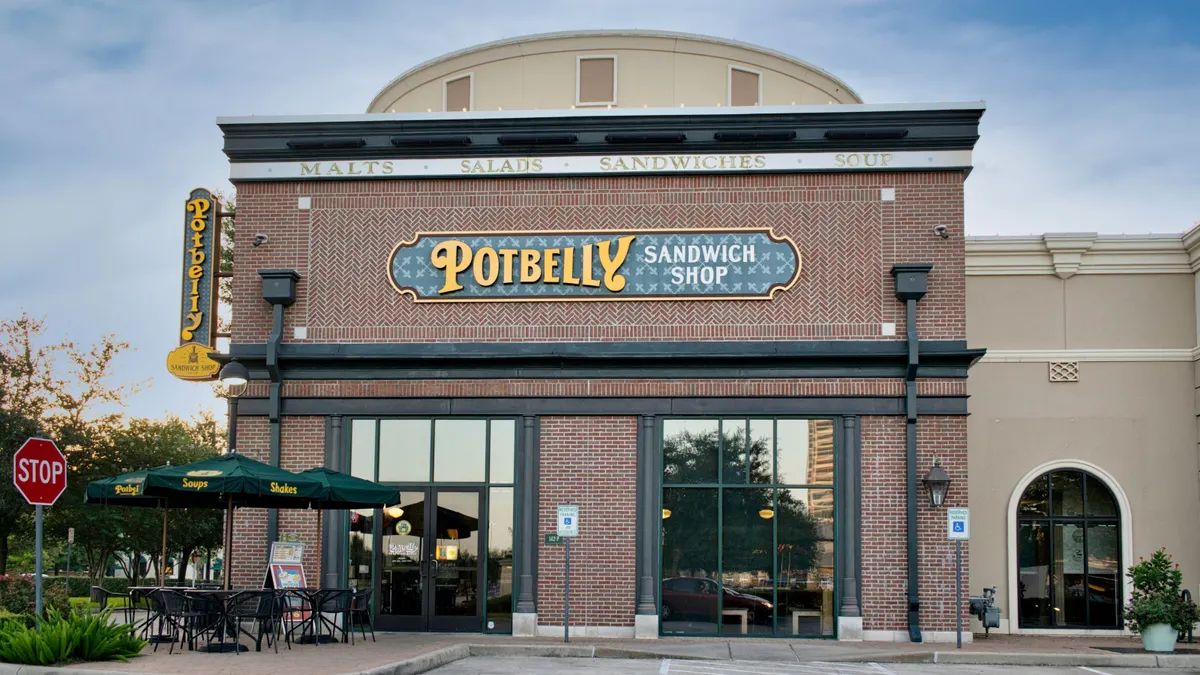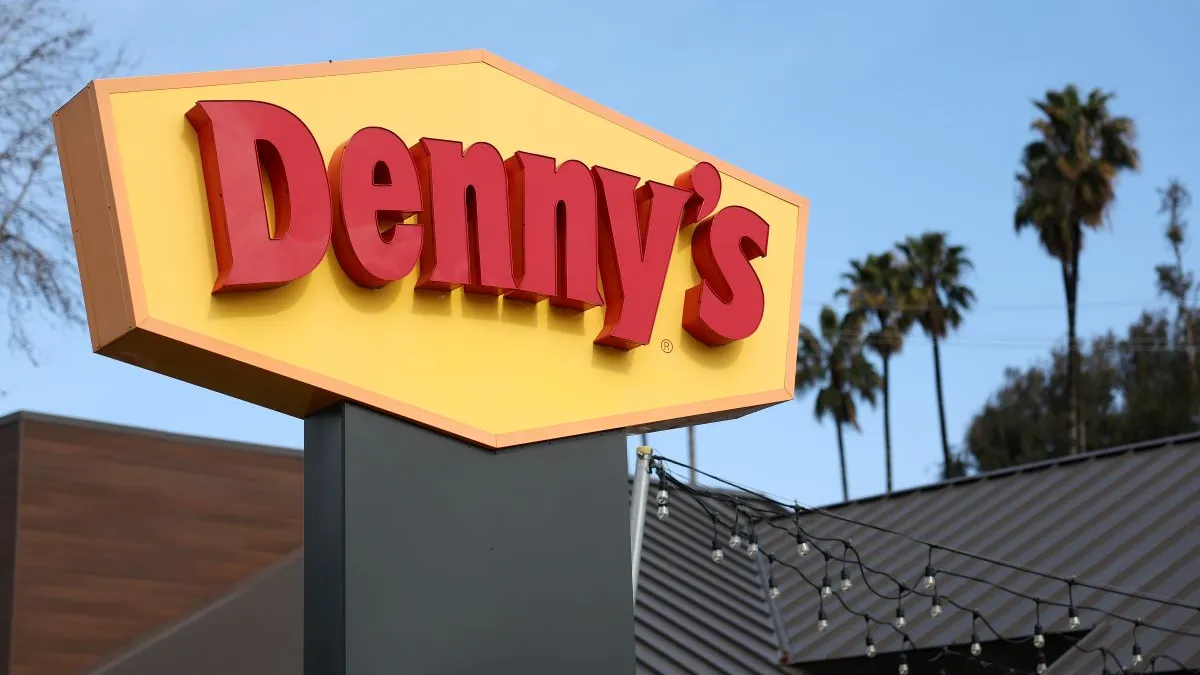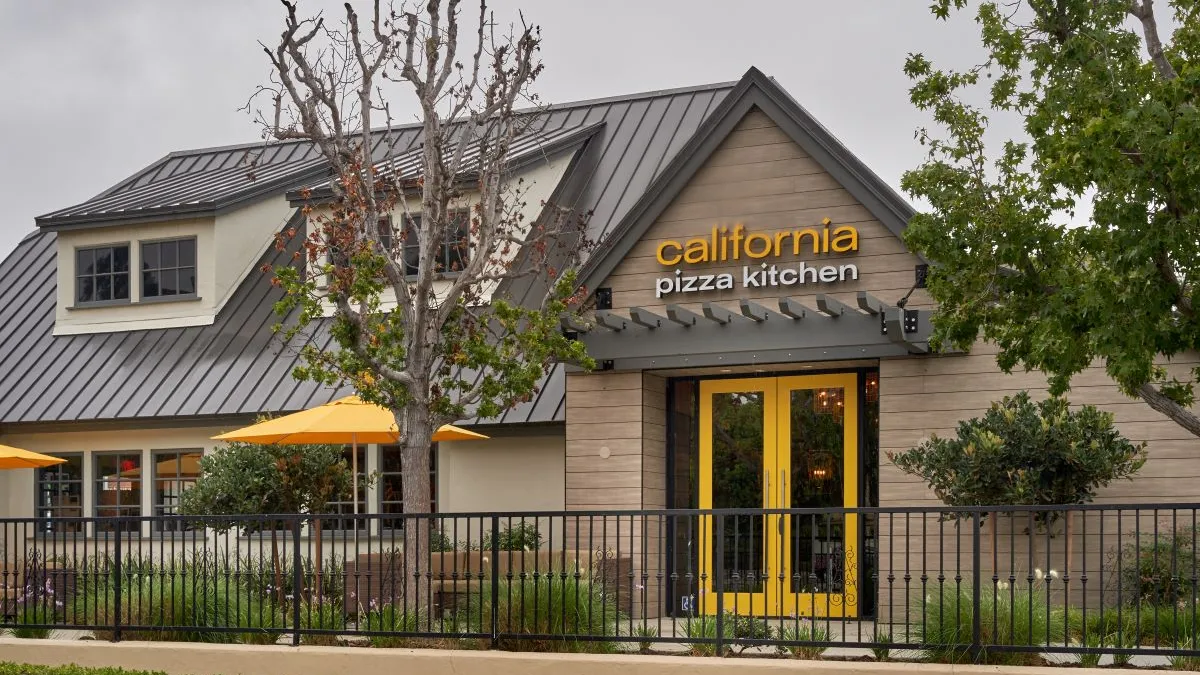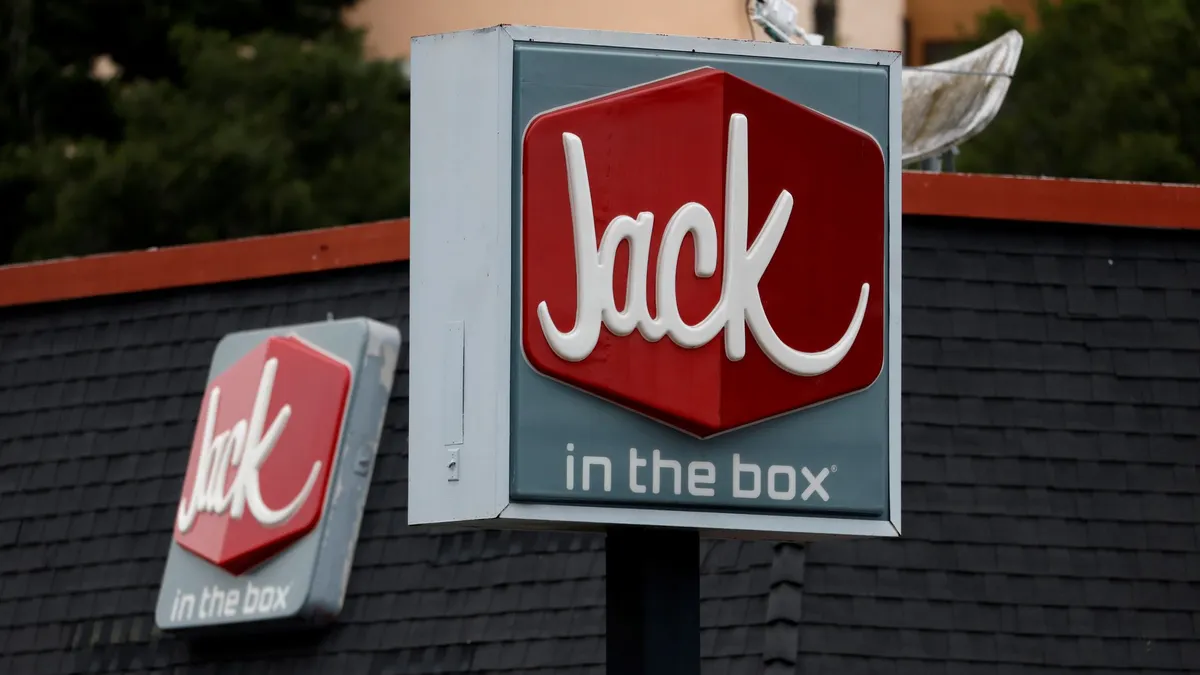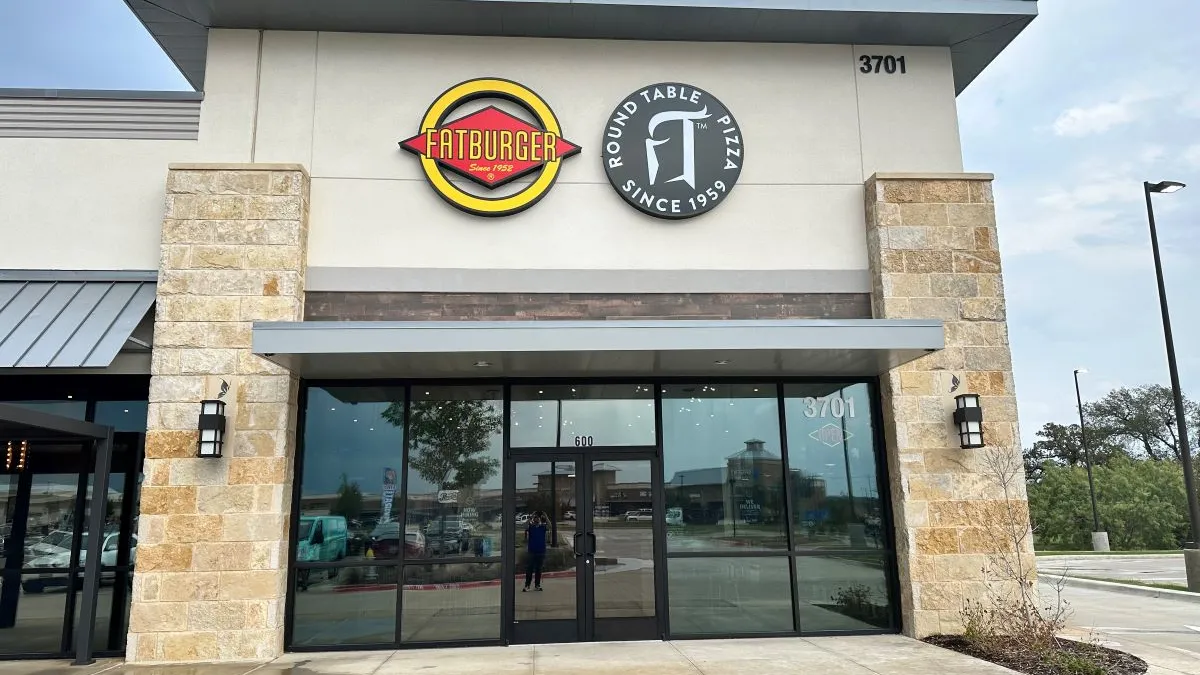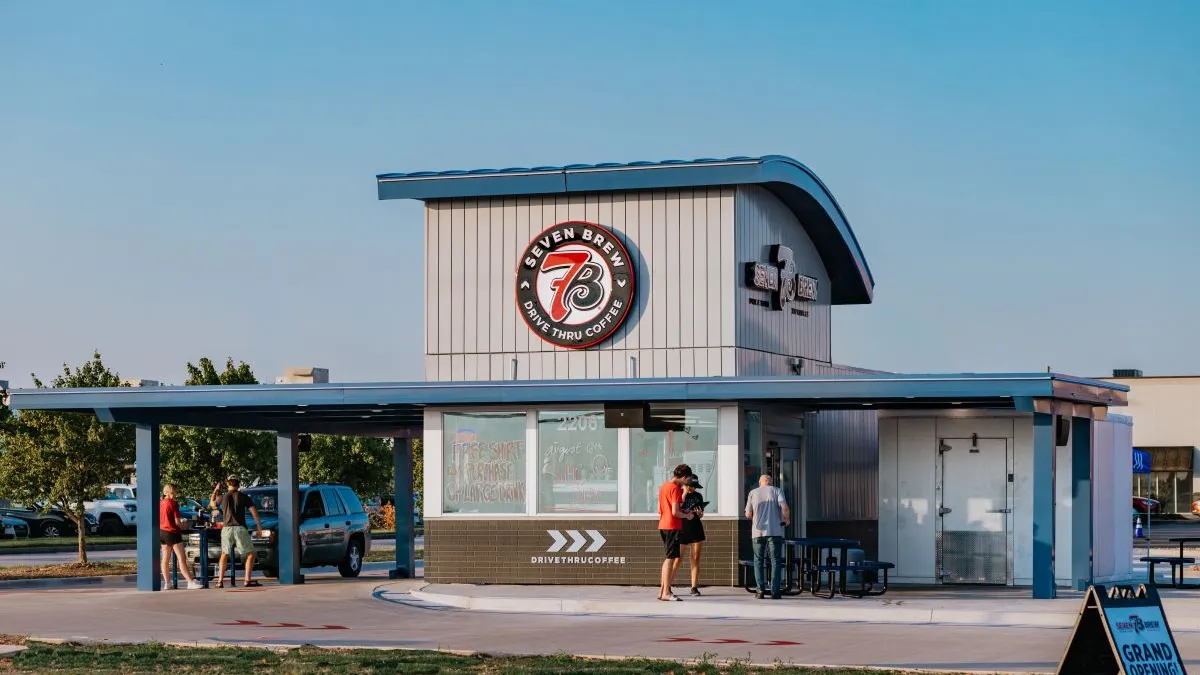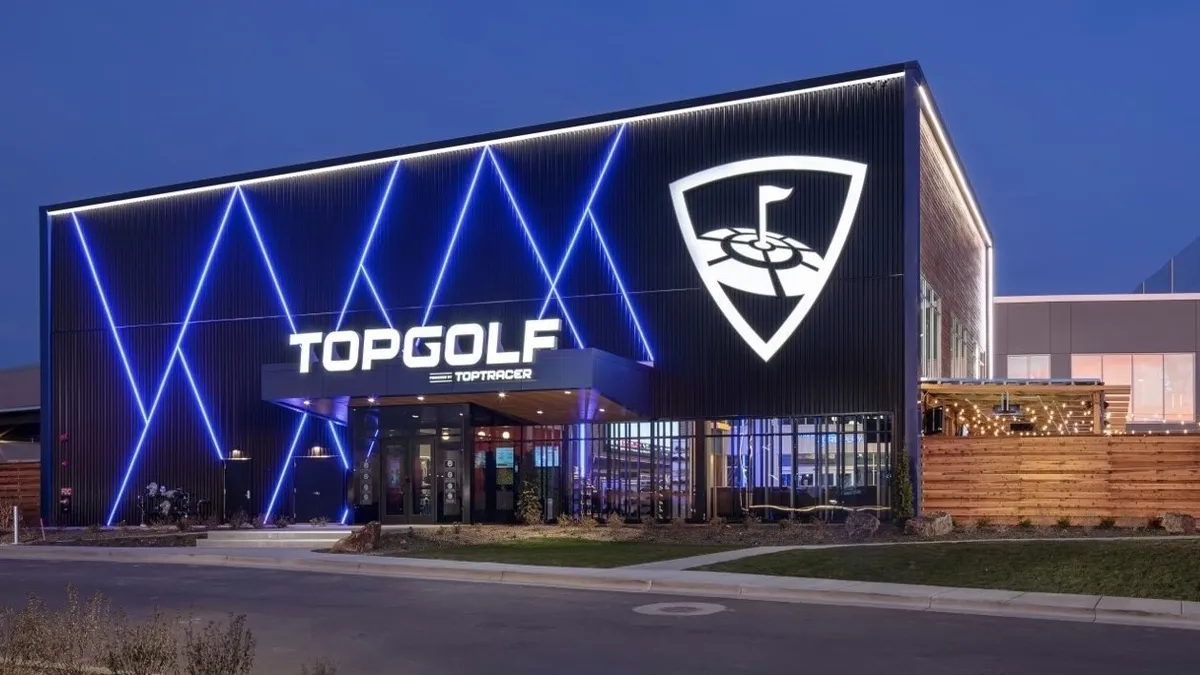This story is part of a series on the trends that will shape the industry in 2021. You can find all the articles on our trendline.
While visits to restaurants dropped to 707,000 in December 2020 from 2 million last January, according to Zenreach data, investors remain hopeful that the industry will quickly bounce back in 2021. Early data shows that this year is already starting to show signs of recovery — comp sales and traffic for the week ending Jan. 10 were the industry's best since the pandemic began, according to Black Box Intelligence.
Restaurants, especially in the full-service segment, continue to face an uphill climb this year, but dine-in sales are also starting to recover, according to Black Box Intelligence. Many investors are chomping at the bit to strike deals with concepts that continue to show growth, and are especially bullish on restaurants that quickly grew off-premise channels last year.
"I think the M&A environment is going to continue to be robust through the balance of the year as companies get more certainty around the future and get more confidence in the future," Dave Pace, co-founder of special purpose acquisition corporation Tastemakers Acquisition Corp. said. "There's a lot of money out there chasing deals."
Check out how four investors are approaching restaurant deals this year:
Tastemakers Acquisition Corp. wants to take the next best restaurant public
The special purpose acquisition corporation, which hit the Nasdaq stock exchange in early January, quickly raised $240 million — $40 million more than what founders Andy Pforzheimer and Dave Pace expected. The additional funding will prepare the team to acquire an up-and-coming restaurant brand that is ideally positioned to go public.
The company will lean on Pforzheimer's extensive restaurant experience, which includes co-founding the Barcelona and Bartaco brands, as well as his relationships within the industry to help find the right concepts, Pforzheimer said. Pace, a Red Robin board member and former president and CEO of Jamba, will provide his experience in the public sphere.
"We are looking for the next growth story in a sector that we know pretty well," Pforzheimer said.
Half of Tastemaker's target group will include middle-market restaurant concepts while the other half will consist of restaurant technology companies that support restaurants and service companies, suppliers, equipment manufacturers or other tangential companies within the ecosystem, Pace said. The SPAC also isn't planning to step into an operating role and sees this as an opportunity to work with strong CEOs and management teams to help the companies move into the public market and expand, Pace said.
"A good company is a good company. We're not looking for broken companies. Broken companies are better fixed in private, not public."

Dave Pace
Co-founder, Tastemakers Acquisition Corp.
"We know who we're going to call," Pace said. "We're going to reach out to see if there's interest and we're going to move as quickly as we can. This is a process that has to be right for all parties."
The company is agnostic in terms of restaurant segment when pursuing acquisitions, so long as the company has a well-managed team, a track record of innovation and found ways to successfully navigate the pandemic, Pace said. Concepts that understand that current rates of delivery growth won't last forever and are ready for the next market transition are the kinds of companies Tastemakers is pursuing, Pace said.
"A good company is a good company," Pace said. "We're not looking for broken companies. Broken companies are best fixed in private, not public."
Going public can benefit companies that have large amounts of capital and additional access to financing, especially since there are only a handful of private equity firms that would buy a $1 billion restaurant company, Pforzheimer said. It also provides additional access to finance and ways to provide shares to employees, he said.
"If you're on a growth path where you're accelerating and you might need growth capital to expand, maybe the public company … is an option for you," Pace said.
Savory pursues a handful of acquisitions and thinks casual will bounce back
At the start of the pandemic, much like other investors, private equity firm Savory waited several months before it started to entertain any new deals, CEO Shauna Smith said. It also paused growth across its brands, but ended up opening 45 new locations across its five brands by the end of the year, she said.
"As in many cycles, pandemic or not, those who are prepared to take advantage have jumped right back into investing and do[ing] new transactions and deals, including us," Smith said. "Transaction activity is speeding up and catching up to where we were pre-pandemic, if not even faster.”
Savory ended up closing two deals toward the end of the year with the acquisition of Via 313 and Crack Shack. It initially had some introductory conversations with each brand in February of last year before pausing investments, but continued to stay in touch with the two brands and saw that they performed well during the pandemic.
Via 313, a full-service pizzeria in Austin, Texas, was among the first in the city to close its restaurant lobbies and switch to to-go orders during the early days of the pandemic, Smith said. While sales volumes declined, the drop was less significant than what its casual dining peers experienced, and Via 313 was able to rebound quickly, Smith said.
"Transaction activity is speeding up and catching up to where we were pre-pandemic, if not faster."

Shauna Smith
CEO, Savory
The Crack Shack had a similar experience. The restaurant was initially hit hard by the pandemic, but was able to rebound quickly following an immediate shift in focus to off-premise, Smith said. Both brands also started to see a shift toward positive same-store sales toward the end of 2020, Smith said.
Savory is comfortable acquiring two, if not three, companies in 2021 in the restaurant and food and beverage sphere, which could also include packaged goods or food tech, Smith said. Savory's appetite has been for brands that have proven themselves at three to eight units, Smith said. The company has found its sweet spot in fast casual, even though one of its recent investments was with a casual concept, she said.
"Just based on what we know about human nature, buying trends and how humans operate, we have a belief that sit-down [restaurants] will return and return with probably some sort of partnership to do third-party [delivery] and off-premise to-go orders," Smith said.
New Spring Capital eyes concepts light on debt, high on value proposition
New Spring Capital developed a strategy to invest in multi-unit companies — both restaurant and non-restaurant and franchise and non-franchise operations — about a year ago, Satya Ponnuru, partner at New Spring Capital, said. The company considers investments in the lower end of the mid-market, or about less than $6 million or $7 million in EBITDA.
But while New Spring was building up this investment arm, the pandemic pushed Ponnuru and his team to pause and reevaluate what it was looking at, Ponnuru said.
The core of what New Spring considered didn’t change, though. The company continues to look at brands with compelling company value propositions and concepts that have proven, scalable unit economics, Ponnuru said. It also highly considers companies that can leverage and enhance technology, as well as companies with strong management teams, he said.
The biggest impact of the downturn has been making sure that at the time of its investment, that the business has a strong capitalization structure and very little debt, Ponnuru said. Significant amounts of liquidity is also a strong investment trait as it allows the companies to withstand most challenges that continue for an extended period of time and use that capital to expand growth opportunities that will exist for surviving restaurant operators, Ponnuru said.
The company has about two potential investments that it is doing due diligence on and is looking at other opportunities that are in advanced discussions, Ponnuru said. Another one or two potential opportunities could go under letters of intent and be potentially completed during the first half of the year, he said.
"If you're an operator that is able to survive what has been a once in a lifetime, challenging situation, we think those survivors will have some natural tailwind coming out of this."

Satya Ponnuru
Partner, New Spring Capital
"If you're investing in this sector, it's not a surprise to see some level of same-store sales declines during this period," Ponnuru said. "But, generally, all of the opportunities we're looking at are still cash flowing and EBITDA positive."
By investing in these companies, they would be able to take advantage and accelerate their growth opportunities through franchising and unique landlord opportunities, as well as invest in company locations, Ponnuru said.
While the company has been looking across the board, it is generally finding more interest in fast casual operations that have been able to continue to do relatively well and haven’t suffered huge losses, Ponnuru said.
"If you're an operator that is able to survive what has really been a once in a lifetime, challenging situation, we think those survivors will have some natural tailwind coming out of this," Ponnuru said.
10 Point Capital looks for its next big investment
10 Point Capital only invests in franchisors with between 30 and 300 units and is typically the first investor in these companies alongside the founders, Tom Wells, managing partner at 10 Point Capital, said. These businesses have already gotten through the challenge of scaling into multiple markets, have enough data to be able to provide unit-level economics and have already figured out their brand valuation, Wells said. The private equity firm does one deal a year, and looks for high-growth concepts that tend to be in secondary and tertiary markets, Wells said.
"It's really challenging to be the coolest thing in New York City and take it to the rest of the country," Wells said. But if a concept works in places like Toledo, Ohio or Tulsa, Oklahoma, 10 Point Capital gets excited, Wells said.
The investor focuses on how to scale concepts faster and more sustainably, Wells said. That could include helping with selling units to franchisees, real estate design and construction to ultimately get strong units, Wells said. 10 Point Capital typically doesn't put leverage or any debt on its portfolio companies and if it does, it is extremely conservative, Wells said.
The company previously invested in restaurants, including Tropical Smoothie Cafe, which it sold in late 2020; Slim Chickens and Walk-Ons.
The private equity firm values brands that offer convenience, whether that be Slim Chickens with its traditional drive-thru or Tropical Smoothie’s technology capabilities generating over one third of orders digitally, Wells said. For Walk-Ons, the firm was attracted to the concept's strong to-go channel, high quality food, loyal customer base and differentiation within the sports-oriented restaurant segment, Wells said.
Walk-Ons, which has 46 units, is already priming for aggressive growth in 2021 with this new investment. It has plans to open upwards of 25 new restaurants this year, and has over 150 restaurants in development in the Southeast and Midwest.
"The best companies are still able to do a transaction," Wells said. "They're getting the same valuations they were getting prior to COVID because they are growing and this [pandemic] has really validated how they fit in the market and how strong [the] concepts … are."






